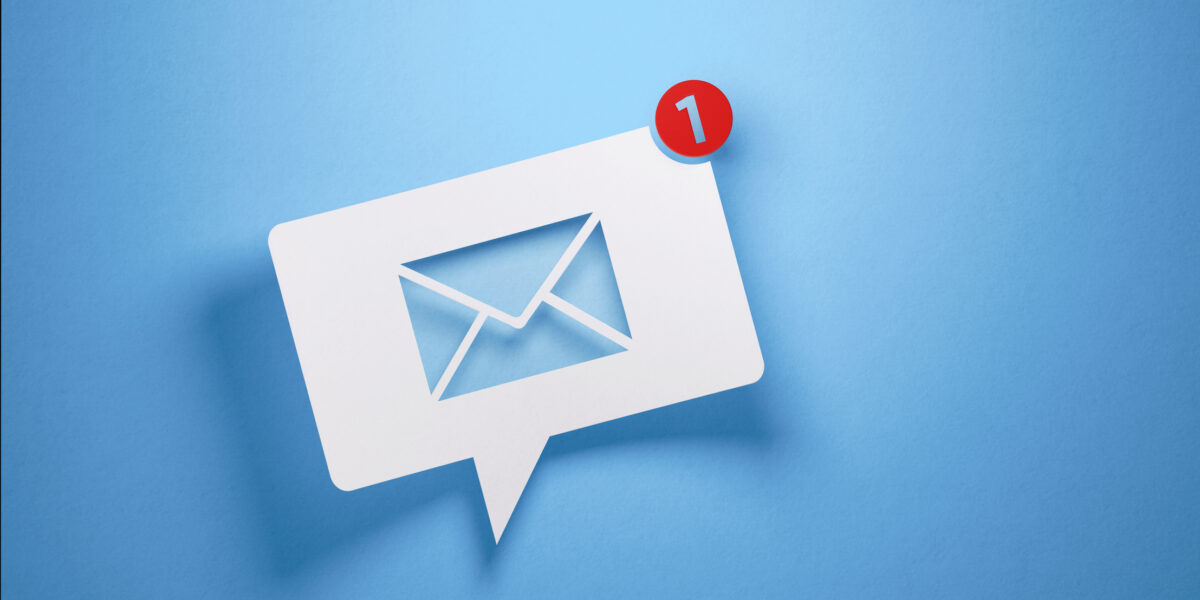We use technology for almost every aspect in our lives. As we have moved into an age where we can do almost everything online and remotely, more sites and accounts require us to share our personal information. Data security has become an increasing concern.
Even if we take precautions and only share our information with trusted sites, hackers and identity thieves are becoming more sophisticated and have been able to steal personal information and data from major companies. But what happens to the consumer when companies have breaches in data security?
How Does Data Security Work?
 A collective of state and federal laws require that breaches in data security are reported to the consumer. Often times, companies are required to pay consumers or banks for their financial losses stemming from the breaches in data security. For example, Target was required to pay 10 million dollars to both customers and US banks who were forced to reimburse customers for fraudulent transactions.
A collective of state and federal laws require that breaches in data security are reported to the consumer. Often times, companies are required to pay consumers or banks for their financial losses stemming from the breaches in data security. For example, Target was required to pay 10 million dollars to both customers and US banks who were forced to reimburse customers for fraudulent transactions.
If you receive notification that you are a victim of a security breach, there are several things a consumer can do.
- First, they should take steps to secure their personal information and credit reports. Major credit bureaus will allow you to obtain a free copy of your credit report at least once a year.
- You can also freeze your credit report, which will prevent any new credit accounts to be obtained.
- You might also be eligible for compensation if there is a class action lawsuit in your case. These settlements usually require you to submit some forms to confirm you are eligible.
Nevertheless, with any financial and personal accounts you should always monitor your accounts especially if you are notified that your data security has been compromised.



